- (592)226-0431

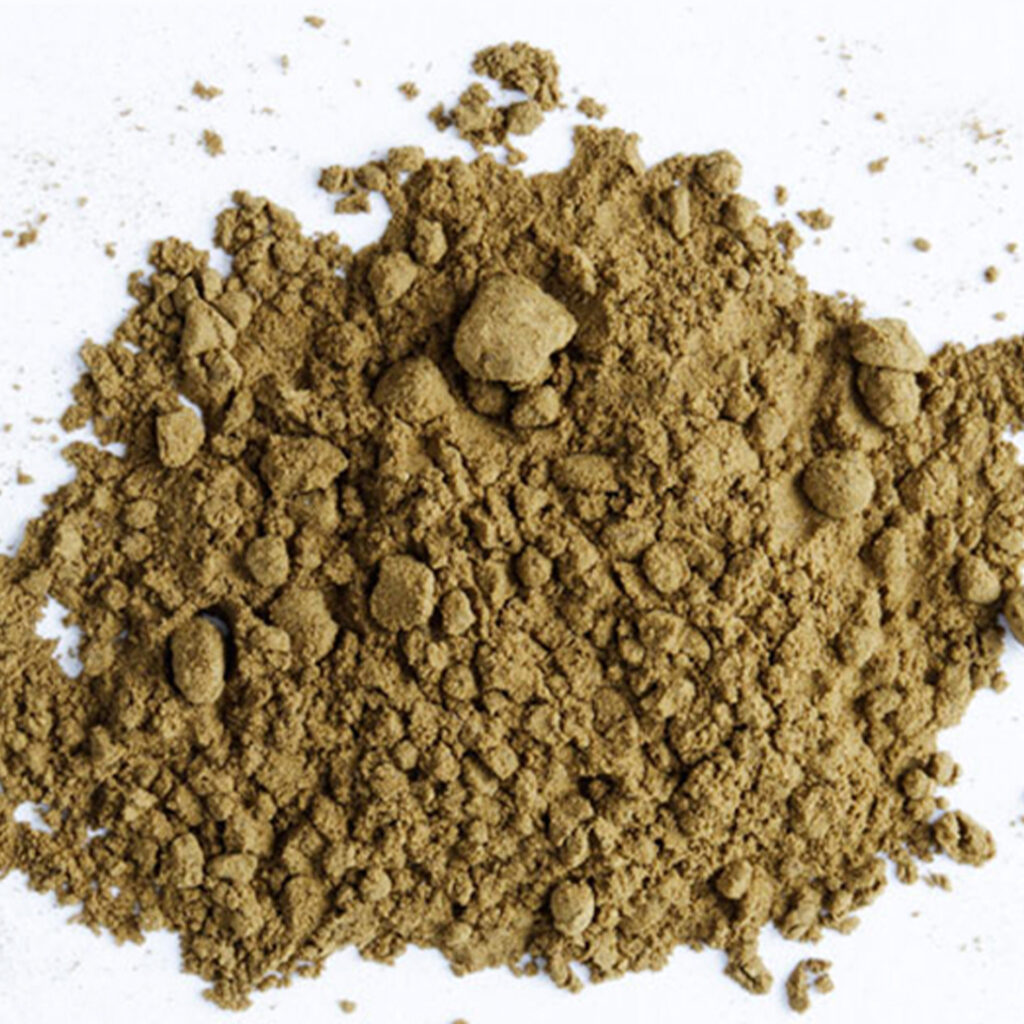
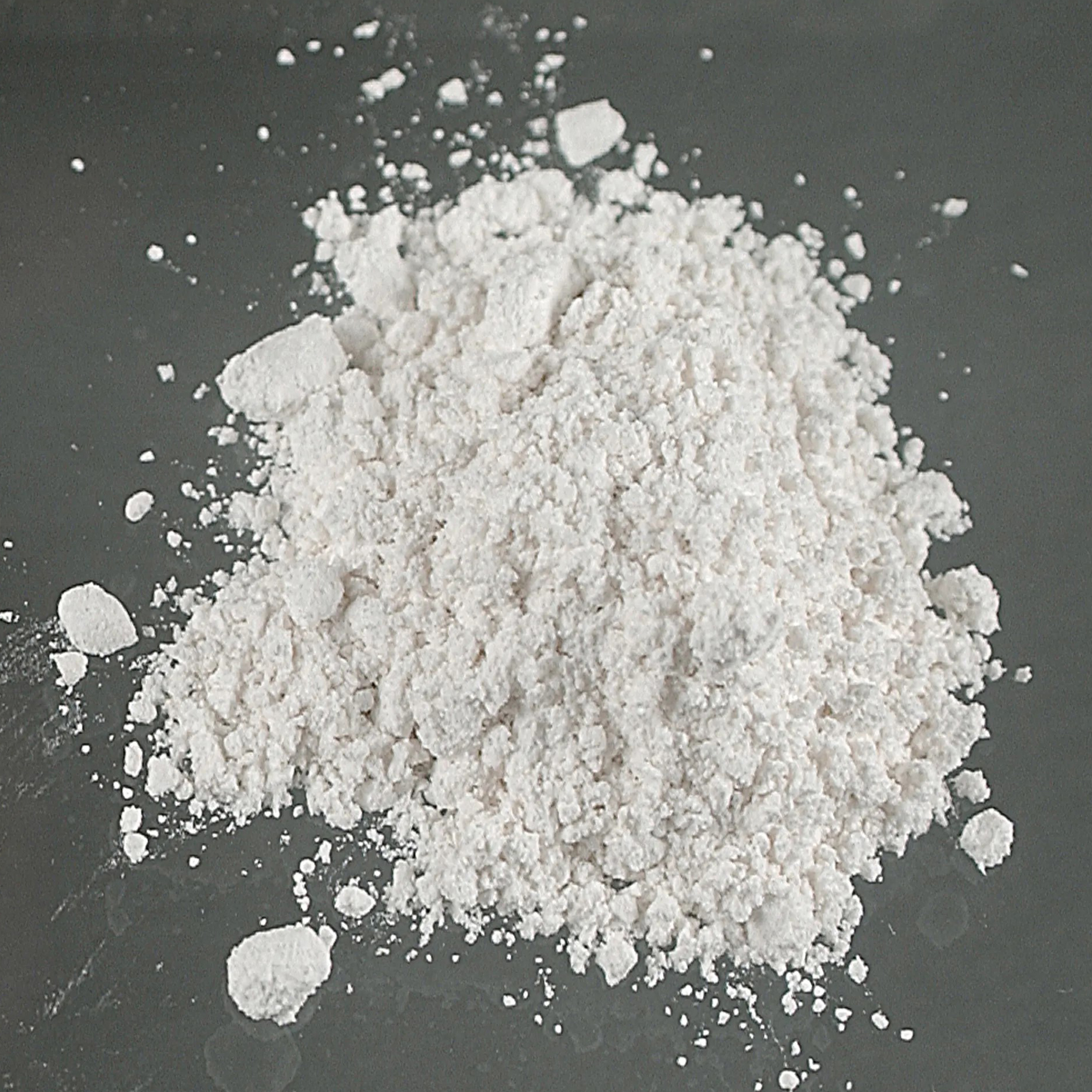
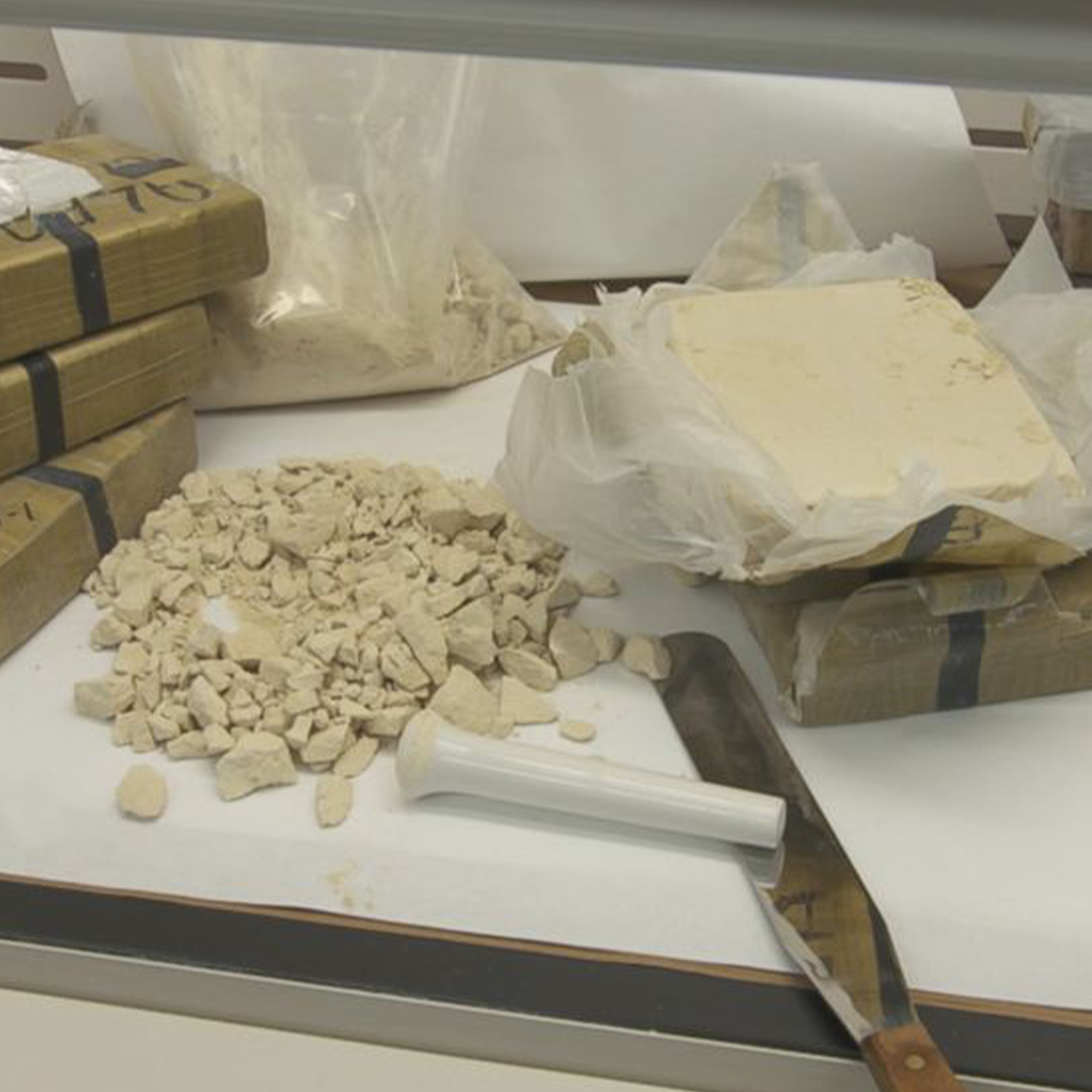
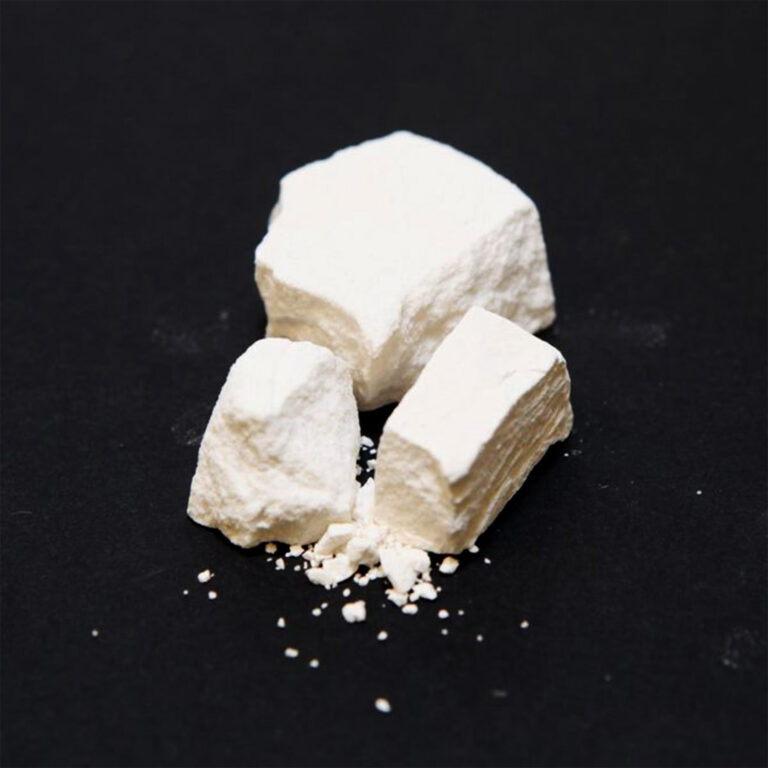
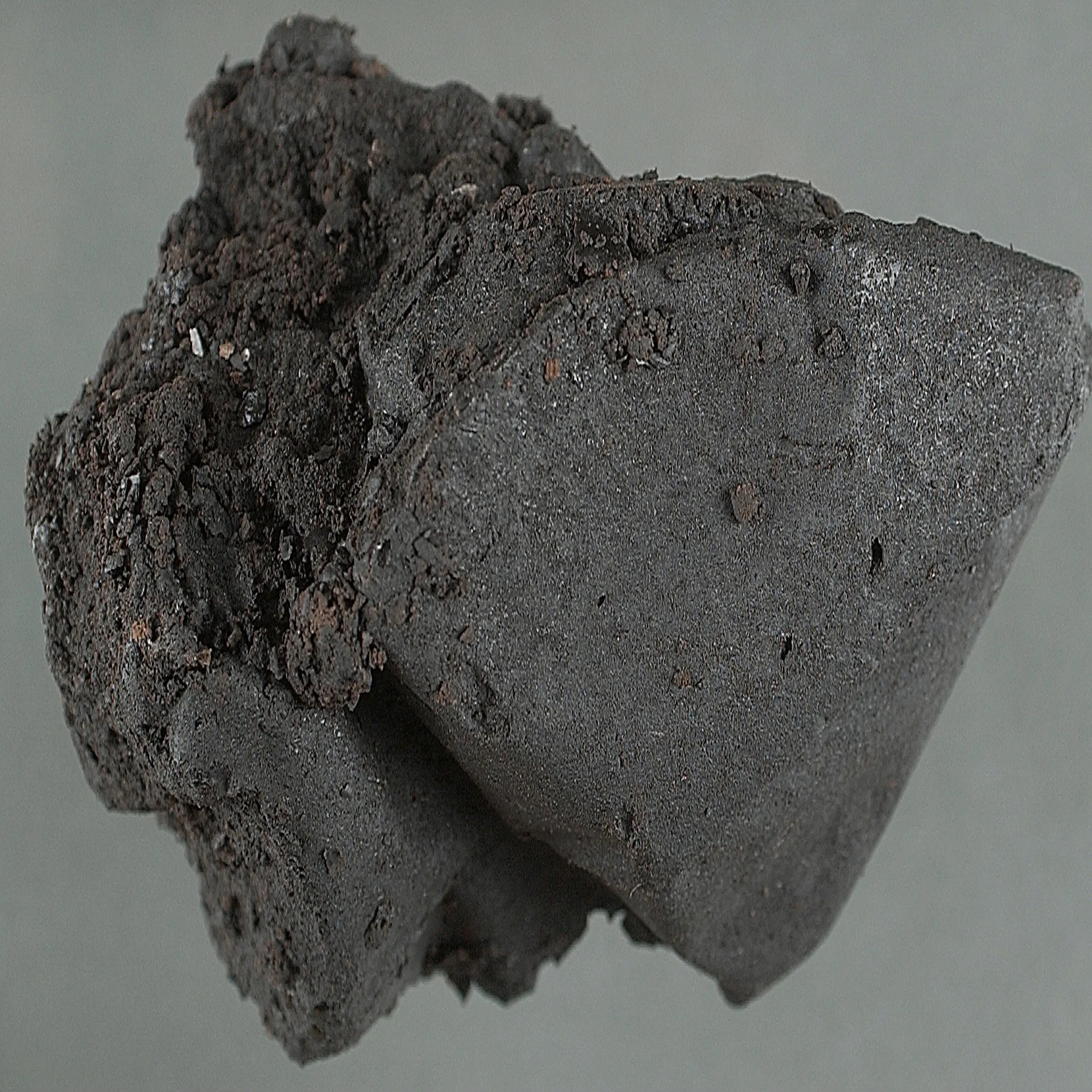
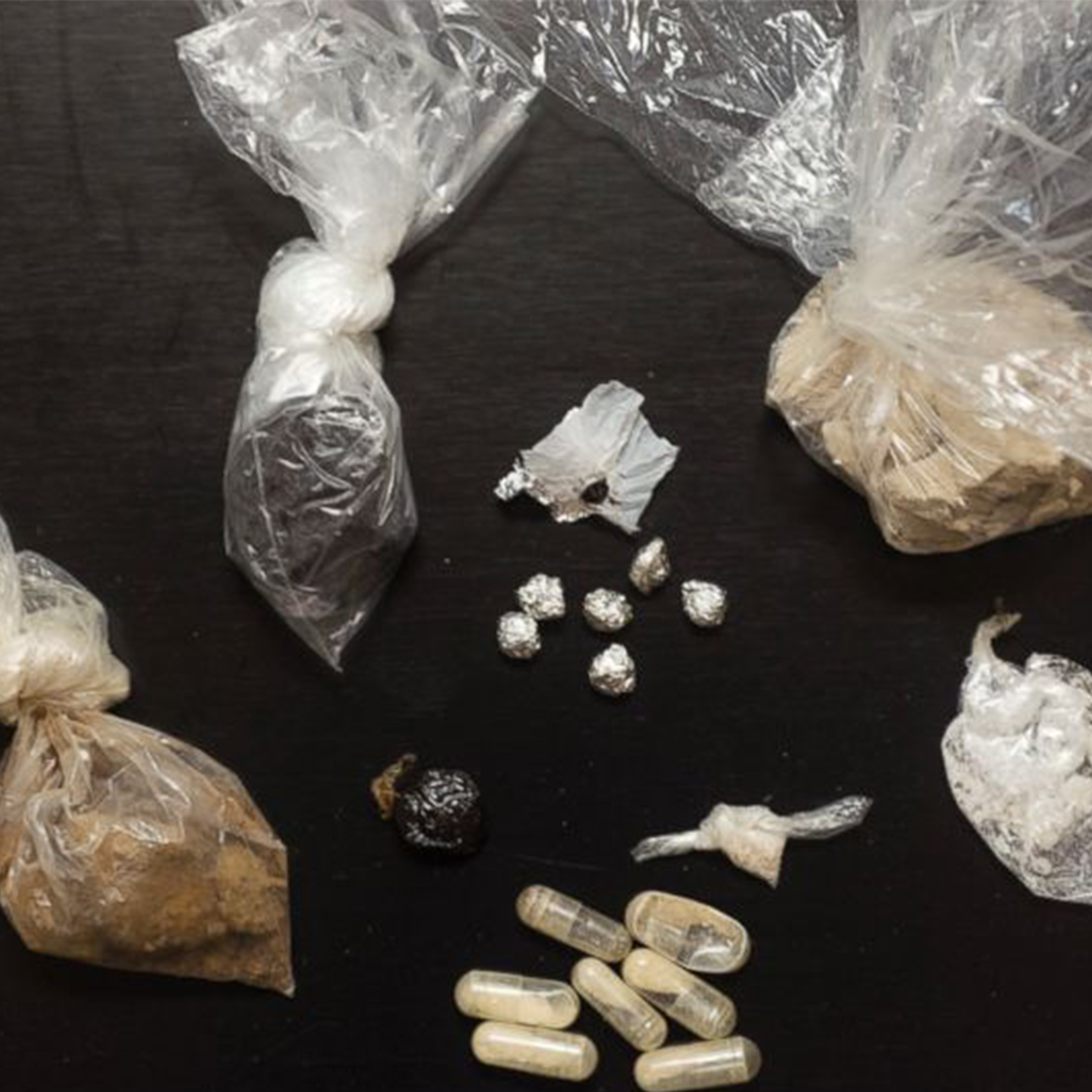
WHAT IS HEROIN?
Heroin is a highly addictive drug, and it is a rapidly acting opioid.
WHAT IS ITS ORIGIN?
Heroin is derived from morphine, which is obtained from the seed pod of specific types of poppy plants cultivated in Mexico, South America, Southeast Asia (including Thailand, Laos, and Myanmar), and Southwest Asia (including Afghanistan and Pakistan).
Heroin is available in several forms, predominantly as white powder sourced from Mexico and South America, as well as “black tar” and brown powder from Mexico.
WHAT ARE COMMON STREET NAMES?
Common street names for heroin include:
WHAT DOES IT LOOK LIKE?
Heroin is commonly distributed in the form of a white or brown powder or as a viscous black substance referred to as “black tar heroin” in the illicit drug trade. While the prevalence of purer heroin is increasing, most of the street heroin is adulterated with other drugs or ingredients like sugar, starch, powdered milk, or quinine.
HOW IS IT ABUSED?
Heroin can be injected, smoked, sniffed, or snorted. High-purity heroin is usually snorted or smoked.
WHAT IS ITS EFFECT ON THE MIND?
Due to its rapid penetration into the brain, heroin is highly addictive, both psychologically and physically. Heroin users experience a sudden and intense feeling of happiness, or “rush,” followed by a state of being partially asleep and partially awake.
WHAT IS ITS EFFECT ON THE BODY?
Heroin use has a profound impact, leading to addiction. Tolerance to heroin develops with repeated use. After this occurs, the individual needs to consume a greater amount of heroin to attain the same level of intensity. With prolonged usage of increasing drug doses, individuals develop physical dependence and addiction to the substance.
The effects of heroin use encompass drowsiness, respiratory depression, constricted pupils, nausea, a warm flushing of the skin, dry mouth, and heaviness in the extremities.
WHAT ARE ITS OVERDOSE EFFECTS?
Because heroin users do not know the actual strength of the drug or its true contents, they are at a high risk of overdose or death.
The effects of a heroin overdose are:
Slow and shallow breathing, blue lips and fingernails, clammy skin, convulsions, coma, and possible death
WHICH DRUGS CAUSE SIMILAR EFFECTS?
Other opioids, such as OxyContin, Vicodin, codeine, morphine, methadone, and fentanyl, can cause similar effects as heroin.
WHAT IS ITS LEGAL STATUS IN GUYANA?
Heroin is illegal in Guyana. The possession, sale, and trafficking of heroin are prohibited under the country’s drug control laws. Guyana has strict regulations and penalties for those involved in the production, distribution, and use of illegal drugs, including heroin. The legal framework for drug control in Guyana is aimed at combating drug abuse and trafficking, with significant penalties for violators, including imprisonment and heavy fines.